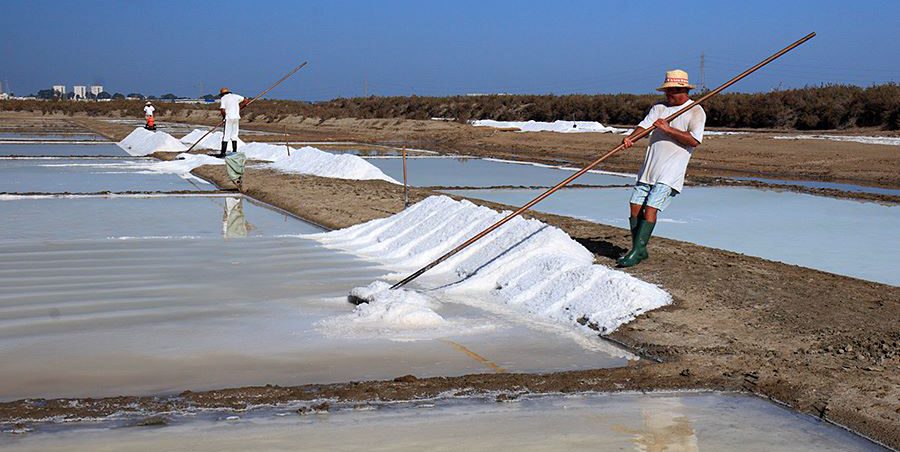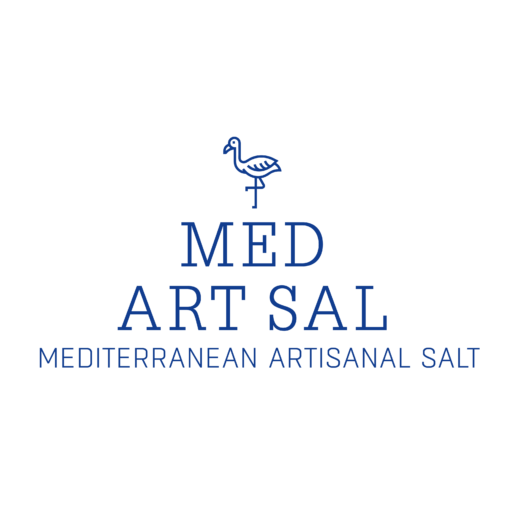PROJECT
Traditional salt pans and small salt pans are in continuous decline from the 50s of the twentieth century. As reported in many works, in the Mediterranean basin and the Black Sea region there are more than 170 saltworks (of which 90 still working) are recognizable today in 18 Mediterranean countries. The abandonment of saltworks is considered negative for local salt culture and sometimes for biodiversity and therefore accelerates further loss of cultural and natural heritage. Salinas across Mediterranean are today facing many pressures due to social values change and economic stresses; the market of their products is subject to strong competition from cheaper land-produced salt and the world trade. Faced with the need to be economically viable, salinas are confronted with the choice of closing, industrializing the production or changing the business orientation towards sustainable tourism and new artisanal products, already successfully experienced. A sustainable production of salt may deeply stimulate the development of other sectors (business, tourism, and environment), while increasing biodiversity.
MedArtSal aims to promote the sustainable development of the Artisanal Salinas, providing concrete support on economic, environmental and social issues. Addressing common challenges in four Mediterranean regions (Italy, Spain, Lebanon and Tunisia), will promote the development of a sustainable and adaptable management model fostering the territorial valorization of artisanal salinas.
MedArtSal model will represent an innovative solution and will provide innovative sustainable actions for salinas, providing a sound operational support and specific guidance on the best development strategy compared to the features and needs of the area. The model is made up of the combination of good practices (e.g. technologies, products), commerce (e.g. product selling, marketing), biodiversity and ecosystem service preservation, as well as other services (e.g. tourism).
As a direct result, the project aims to engage the cooperation between several private-public actors and communities, composed by saltworkers, SMEs, economic operators, policy makers, Universities, Research Centers, governmental bodies, and civil society inthe Mediterranean.
Goals
The project aims to adopt coordinated actions to define and implement a Model for the Sustainable Management of Artisanal Salinas, which will stimulate the local economy and territorial cohesion.
There are three specific objectives in relation to the addressed main goal of the programme:
-
- Development of the Sustainable Management Model for Mediterranean Artisanal Salinas, including a strategic plan for the marketing of products and the management of artisanal salt works, a plan for restoration/conservation of the biodiversity.
- Promote public-private cooperation in and among sectors related to artisanal salt production and the establishment of one SME cluster per participating country around local artisanal saline systems promoting public-private cooperation.
- Contribute to the exchange of experience and techniques by creating a network of Mediterranean artisanal salinas with the final goal to stimulate marketing actions, the environmental conservation and restoration of these important sites.
Partners
The project is led by CUEIM – University Consortium for Industrial and Managerial Economics (Italy) and the partners are:
- Association for the Development of Rural Capacities (Lebanon)
- Fair Trade Lebanon (Lebanon)
- IUCN Centre for Mediterranean Cooperation (Spain)
- Mediterranean Sea and Coast Foundation (Italy)
- Saida Society (Tunisia)
- University of Cádiz (Spain)
- Tuniso-Italian Chamber of Commerce and Industry (Tunisia)
Associated partners:
- Assocamerestero – Association of Italian Chambers of Commerce Abroad (Italy)
- Consejería de Agricultura, Ganadería, Pesca y Desarrollo Sostenible (Spain)
- Ente di Gestione per i Parchi e la Biodiversità-Delta del Po (Italy)
- Municipality of Anfeh (Lebanon)
- SALARTE Fund for the Stewardship and Recovery of the Salt Marsh (Spain)
- The Mediterranean Wetland Initiative (MedWet) (France)


